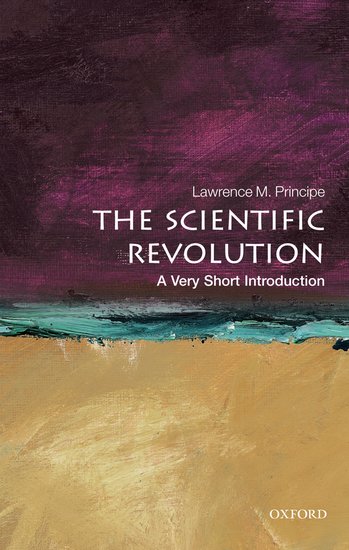Home >
A Very Short Introduction >
Early Music (Science)
A Very Short Introduction | Science
Early Music
ISBN: 9780199567416
Series: A Very Short Introduction
Early Music (Science)
A Very Short Introduction Early Music (Science) Media > Books > Non-Fiction > Education Books Expect Delays of Up to 4 Weeks| Order Below |
ISBN
9780199567416 (10-digit ISBN: 0199567417)
- Description
- Key Features
- Series Description
- Table of Contents
- A unique and succinct survey of both the history and current study and performance of early Western music (medieval, Renaissance, and baroque)
The music of the medieval, Renaissance, and baroque periods have been repeatedly discarded and rediscovered ever since they were new. An interest in music of the past has been characteristic of a part of the musical world since the early 19th century. The revival of Gregorian chant in the early 19th century; the "Cecilian movement" in later 19th-century Germany seeking to immortalize Palestrina's music as a sound-ideal; Mendelssohn's revival of Bach: these are some of the efforts made in the past to restore still earlier music. In recent years this interest has taken on particular meaning, representing two specific trends: first, a rediscovery of little-known underappreciated repertories, and second, an effort to recover lost performing styles, with the conviction that such music will come to life anew with the right performance. Much has been gained in the 20th century from the study and revival of instruments, playing techniques, and repertories. In this VSI, Thomas Forrest Kelly frames chapters on the forms, techniques, and repertories practices of the medieval, Renaissance, and baroque periods with discussion of why old music has been and should be revived, as well as a short history of early music revivals.
Oxford's Very Short Introductions series offers concise and original introductions to a wide range of subjects--from Islam to Sociology, Politics to Classics, Literary Theory to History, and Archaeology to the Bible.
Not simply a textbook of definitions, each volume in this series provides trenchant and provocative--yet always balanced and complete--discussions of the central issues in a given discipline or field. Every Very Short Introduction gives a readable evolution of the subject in question, demonstrating how the subject has developed and how it has influenced society. Eventually, the series will encompass every major academic discipline, offering all students an accessible and abundant reference library.
Whatever the area of study that one deems important or appealing, whatever the topic that fascinates the general reader, the Very Short Introductions series has a handy and affordable guide that will likely prove indispensable.
Please note: As this series is not ELT material, these titles are not subject to discount.
Acknowledgments
List of illustrations
1. What does “early music” mean?
2. Repertories: Medieval
3. Repertories: Renaissance
4. Repertories: Baroque
5. Performing issues
6. The modern early-music revival
Further reading
Index
The music of the medieval, Renaissance, and baroque periods have been repeatedly discarded and rediscovered ever since they were new. An interest in music of the past has been characteristic of a part of the musical world since the early 19th century. The revival of Gregorian chant in the early 19th century; the "Cecilian movement" in later 19th-century Germany seeking to immortalize Palestrina's music as a sound-ideal; Mendelssohn's revival of Bach: these are some of the efforts made in the past to restore still earlier music. In recent years this interest has taken on particular meaning, representing two specific trends: first, a rediscovery of little-known underappreciated repertories, and second, an effort to recover lost performing styles, with the conviction that such music will come to life anew with the right performance. Much has been gained in the 20th century from the study and revival of instruments, playing techniques, and repertories. In this VSI, Thomas Forrest Kelly frames chapters on the forms, techniques, and repertories practices of the medieval, Renaissance, and baroque periods with discussion of why old music has been and should be revived, as well as a short history of early music revivals.
Key Features
- A unique and succinct survey of both the history and current study and performance of early Western music (medieval, Renaissance, and baroque)
Series Description
Oxford's Very Short Introductions series offers concise and original introductions to a wide range of subjects--from Islam to Sociology, Politics to Classics, Literary Theory to History, and Archaeology to the Bible.
Not simply a textbook of definitions, each volume in this series provides trenchant and provocative--yet always balanced and complete--discussions of the central issues in a given discipline or field. Every Very Short Introduction gives a readable evolution of the subject in question, demonstrating how the subject has developed and how it has influenced society. Eventually, the series will encompass every major academic discipline, offering all students an accessible and abundant reference library.
Whatever the area of study that one deems important or appealing, whatever the topic that fascinates the general reader, the Very Short Introductions series has a handy and affordable guide that will likely prove indispensable.
Please note: As this series is not ELT material, these titles are not subject to discount.
EASY ORDER FORM
PRICES LISTED INCLUDE CONSUMPTION TAX
Price Before Tax:
¥1,790


